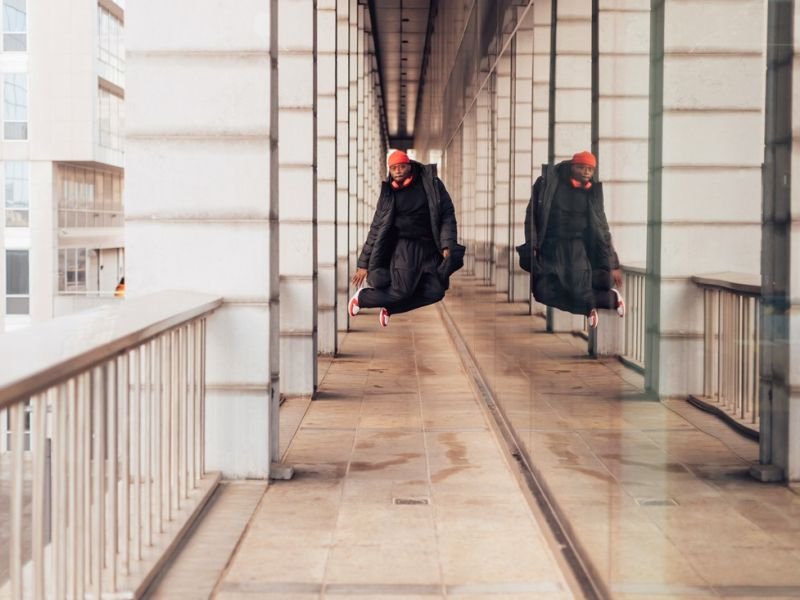
1. Traditional African Dance
Traditional African dance is deeply rooted in cultural traditions and plays a significant role in various ethnic groups across the continent. These dances are realized in radically different styles, reflecting the diverse cultures of Africa. From ceremonial rituals to storytelling, traditional African dance connects individuals to their heritage and provides a sense of community. Each dance has a specific purpose and often incorporates live drumming and rhythmic movements.
2. Contemporary African Dance
Modern African dance styles have evolved from traditional forms and continue to evolve with the influence of global dance practices. Contemporary African dance combines elements from various styles, such as Jamaican dancehall, house, and heels techniques. Dancers like Nneka have even created their own unique styles, blending African dance with other genres. These contemporary styles are a testament to the creativity and innovation within the African dance community.
3. African Dance Classes
If you’re interested in learning African dance, participating in African dance classes is a great way to start. Dance Competitions TV offers African dance classes that cater to dancers of all levels, from beginners to advanced. Experienced instructors guide students through the techniques and movements of African dance styles, helping them develop their skills and understanding of the cultural significance behind each dance.
4. African Dance Workshops
Take your African dance journey to the next level by attending African dance workshops. These intensive workshops are led by skilled instructors who have expertise in specific African dance styles. Participants have the opportunity to immerse themselves in the dance style, learn new choreography, and receive personalized feedback and guidance. African dance workshops provide a transformative experience for dancers looking to deepen their knowledge and skills.
5. African Dance Festivals
African dance festivals bring dancers from different countries together to celebrate their shared passion for dance. These festivals serve as a platform for cultural exchange and collaboration, allowing dancers to learn from each other and showcase their talents. Participating in African dance festivals not only enhances your skills but also broadens your perspective on African culture and its diverse dance traditions.
6. African Dance Music
African dance is closely intertwined with music, with rhythms and beats serving as the foundation for movement. African dance music sets the atmosphere and expresses emotions during performances. From traditional drumming to modern Afrobeat and highlife, African dance music is rich and diverse. It transcends language barriers and creates a powerful connection between the dancers, the music, and the audience.
7. African Dance Costumes
African dance costumes are an integral part of the dance experience, as they showcase cultural identities and enhance the visual appeal of performances. Each African dance style has its own distinctive costumes, often featuring colorful fabrics, intricate patterns, and traditional accessories. The costumes not only add to the aesthetic appeal but also contribute to the storytelling and symbolism within the dance.
8. Connect with Dance Competitions TV
Dance Competitions TV (Dance competes.tv) is your gateway to the world of African dance. Their platform allows dancers to submit videos, build their fanbase, and engage with a community of like-minded individuals. Through their African Dance Classes, Workshops, and Festivals, Dance Competitions TV promotes the appreciation and understanding of African dance and culture. Join Dance Competitions TV to find your groove and unlock your potential as an African dancer.